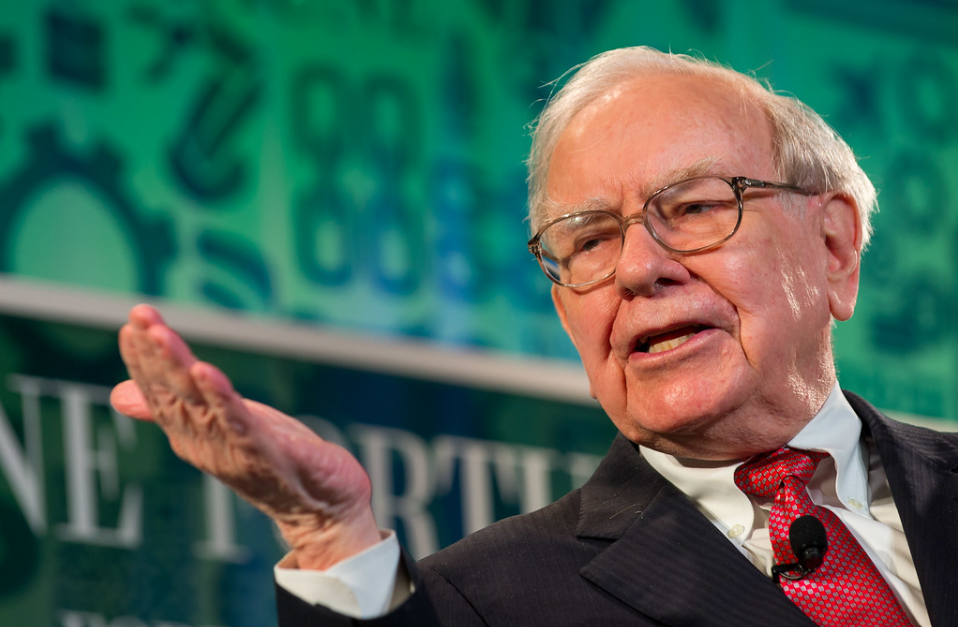Buffett’s Take on AI’s Growth and Its Implications
As the investment landscape buzzes with the advancements in artificial intelligence, many eyes turn to Warren Buffett, a paragon in the world of investing. His views on AI, particularly in the context of investment, are a mix of awe and caution. In a 2023 interview with CNBC, Buffett expressed his amazement at AI’s capabilities, especially after being introduced to ChatGPT by Bill Gates. He marveled at AI’s potential to revolutionize time efficiency across various tasks. However, Buffett admitted to a lack of deep understanding of AI, emphasizing his awe at its technological progress while acknowledging uncertainty about its broader implications.
Buffett humorously remarked that if AI posed a threat to humanity, he hoped someone would “unplug it.” This sentiment echoes the concerns raised by former Google CEO Eric Schmidt about AI’s existential risks, which Buffett finds worrisome.
Charlie Munger’s Skepticism Towards AI Hype
Charlie Munger, Buffett’s late partner and the former vice-chairman of Berkshire Hathaway, who passed away in November 2023, held a more skeptical view of AI. In February 2023, Munger recognized AI’s significance but cautioned against the hyperbole surrounding it. He asserted that while AI is vital, it is not a panacea for all challenges, including cancer.
Buffett’s Philosophy on AI in Investing
Buffett’s investment approach, particularly concerning new and rapidly evolving technologies, tends to be cautious. He has been criticized for his initial slow adoption of tech companies, though his company, Berkshire Hathaway, eventually became a significant shareholder in Apple. Buffett’s investment philosophy, articulated in 1999 amidst the tech bubble, focuses more on a company’s competitive advantage and the sustainability of that advantage, rather than the overall societal impact or growth of an industry.
Buffett often advises investors to consider what remains constant rather than what changes. He famously mentioned in a 2001 lecture that the internet would not alter fundamental habits like gum chewing preferences. He emphasizes that industries massively transforming society do not necessarily translate into profitable investments, citing the airline and automobile sectors as examples.
AI in Investing Strategies: Cautions and Considerations
The advent of AI tools like ChatGPT and Google’s Bard presents new possibilities for investors. These tools can streamline data analysis, offering quick insights into businesses, industry trends, and performance metrics. However, Buffett and Munger’s insights suggest that investors should exercise caution, particularly regarding AI’s ability to make investment judgments, which hinge on unpredictable future events.
The reliability of AI-generated information also presents challenges, as AI models can occasionally produce inaccurate or fabricated data. Investors are advised to verify AI-sourced information before making decisions. While AI can provide general investment advice, it lacks the personal touch and reassurance that human financial advisors offer, especially during market downturns.




